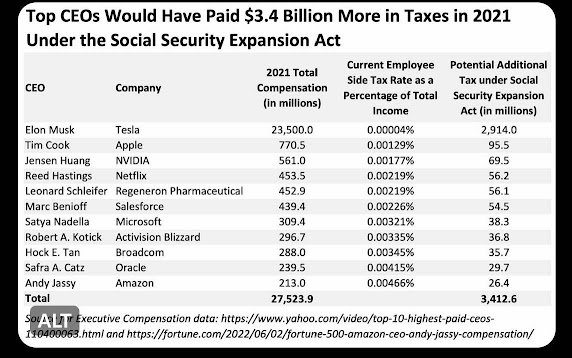While I was at a concert recently, I wasn’t trying to listen in but happened to overheard a snippet of the conversation of the people sitting next to me during the intermission. One of them referred to someone who “retired after a 36 year career as a public servant.” That struck me. That term “public servant” is one you don’t hear much these days. I think it was more used when government employees were held in higher esteem. Why are they held in lower esteem now? I’d say it mostly has to do with Republican attacks on government and government employees. These attacks are often direct and angry — as in claiming that government is always the source of problems rather than the solution to many problems or that there’s some “Deep State” that frustrates Republican presidents — but they’re also indirect. Underfunded government agencies render poor public service feeding public perceptions that government employees are to blame for frustrating interactions with public employees. It’s an anarchistic approach that claims, in essence, that government is so terrible that we would be better off with no government. If you can’t directly end government, make it function worse and worse to move the public in the direction of your view, mindless opposition to all government.
We need to honor public servants. They do a super job often under difficult circumstances.

